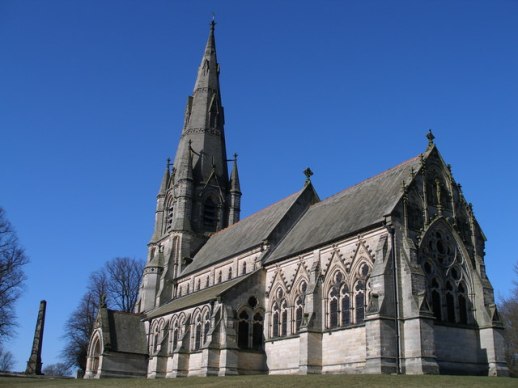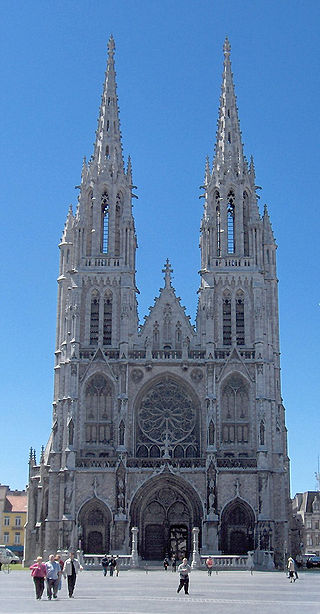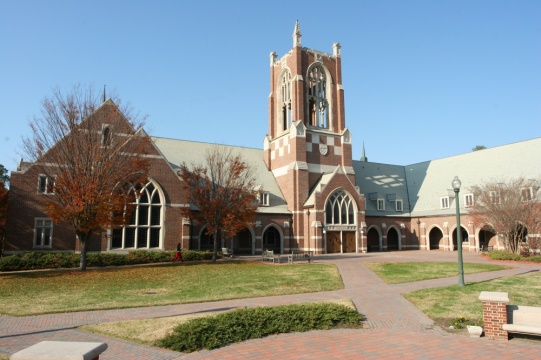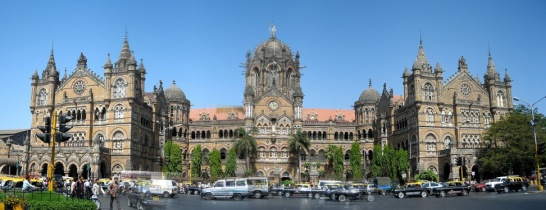Bishop Conley, Bishop of Lincoln, Nebraska writes:
In his new book, Strangers in a Strange Land, Archbishop Charles Chaput of Philadelphia, writes that we are now living in a post-Christian world. He suggests that we, as a culture, have not embraced atheism, but we go about our daily lives as if God doesn’t exist. We live a kind of “practical atheism,” even though large numbers of Americans would still profess a belief in God.
In the time since America’s founding, the primacy of God—God’s sovereignty—has all but disappeared from our cultural landscape. American law and culture has distanced itself from the Gospel’s truths about abortion, contraception, immigration, poverty, technology, and education. And our views on marriage, the family, and, in fact, the very nature of the human person reflect a serious departure from the truth of God’s creation. All of us know that the impact of our cultural worldviews make our lives harder, lonelier, and more vulnerable than God wants them to be.
But the changes in our world, Archbishop Chaput claims, are not just about something happening outside of us—like the imposition of secular values from profane invaders or conquerors Our world’s changes are also about a transformation in American hearts—a willingness, in generation after generation of American Christian believers, to choose comfort, and security, social prestige and power, even when that requires compromising the Gospel. 
To be sure, the past few decades of American life have been characterized by the imposition of a “new orthodoxy” on all Americans—a forceful expectation that all people will accept the nihilistic worldview at the heart of the sexual revolution. But even that transformation has not happened in a vacuum. And, in his new book, Archbishop Chaput says that in order to bring a renewal of joy and peace to our world, we need to understand how we got here.
In modern America, Archbishop Chaput writes that, “instead of helping the poor, we go shopping. Instead of spending meaningful time with our families and friends, we look for videos on the Internet. We cocoon ourselves in a web of narcotics, from entertainment to self-help gurus to chemicals. We wrap ourselves in cheap comforts and empty slogans, and because there are never enough of them, we constantly look for more. We enjoy getting angry about problems that we can’t solve, and we overlook the child who wants us to watch her dance, or the woman on the street corner asking for food.”
To bring renewal to our nation, Archbishop Chaput says, Catholics, and all believers, need to make a change. We need “to be healthy cells in society. We need to work as long as we can, in whatever way we can, to nourish the good in our country and to encourage the seeds of renewal that can enliven our young people.”
To live our Christian vocation, Archbishop Chaput claims, we need to have hope. Hope, he says, is belief “in a God who guides human affairs and loves each of us personally as a Father,” and believes that through God, we can work to make the future better than the present. Hope is not a naïve sense that everything will get better on its own, but it is the firm belief that God really cares about each one of us, and that he can redeem, and strengthen, and renew the world. Hope, Archbishop Chaput says, “is despair overcome.”
I speak with many Catholics who are tempted to despair over the state of the world. I also talk with Catholics who are tempted to give up the fight to build a just and hopeful Christian society—who would rather flee from the world, instead of believing that God can use us for extraordinary things. Strangers in a Strange Land is a testament to the fact that God cares about each one of us, and that God transforms our hearts, and can transform the world through us.
It seems as though we are living in a post-Christian world. But ultimately, Archbishop Chaput writes, “there’s really no such thing as a post-Christian world as long as the Gospel lives in our hearts and shapes our actions.” Strangers in a Strange Land is a blueprint for Christian hearts and Christian actions in contemporary American culture.
Each one of us is called to “make disciples of all nations.” We are called to help our own nation know the Lord, honor him, and live in freedom, according to his plan. I recommend Strangers in a Strange Land to every Catholic who believes that God can heal and renew our culture, our families, and our hearts.
This article first appeared in the Southern Nebraska Register. This is the newspaper for the Diocese of Lincoln, Nebraska. Bishop Conley has a strong interest in the connection between the practice of the Faith, with the worship of God in the sacred liturgy at its heart, and its impact on every aspect of the culture. This is further indicated by the beautiful new church at the Newman Center at the University of Nebraska and the Great Books programs that he has intiated at the Newman Institute there and which focus on the how the beauty of a Christian culture draws us to the Faith.
David Clayton writes:
I would like to add an additional note of hope to what Bishop Conley writes.

In his book How to Be a Conservative the English philosopher Roger Scruton talks of the culture as the binding force for society that simultaneously reflects and reinforces the core values of that society. He argues that we should strive for a culture of beauty that reflects Christian values, the beauty of which ‘tells us that we are at home in the world’.

Many Americans I speak to come to look to Europe, where I come from, as a place of greater cultural beauty than America. This may be so in some ways (although I think many Americans don’t see a lot of the genuine value that is still present in American culture), but what they are thinking of are the historical remnants of a past life and culture. For the most part, the lived culture of most modern Europeans is detached from this past life even more radically than in America. One of the reasons I came to America is that it is where I think it is the place where there is greatest chance of a transforming change, that could in turn affect Europe. In this life we are never fully at home and to some degree always strangers, always pilgrims in passage to a better place; but all of us, are most at home in a culture that that reflects the beauty of God and that is a Christian culture. My personal belief is that we have all the elements that make for the transformation of the culture today into one that potentially not only equals the wonders of historical Europe but even surpasses. Those elements are man open to inspiration, God who can inspire us and his Church, the matter with which we incarnate that inspiration.

In a small way the gothic architectural movement that can provide some inspiration for this. It began as a deliberate reestablishment of Christian architecture in harmony with the liturgy by Catholics in England (with AW Pugin at the forefront). So beautiful and so powerful was the style he developed that within 100 years it was adopted by faithful and non-faithful alike across the globe. In fact gothic revival had an even greater impact than the original. We see its influence in buildings both grand and humble – churches, civic architecture, college architecture, homes and businesses from Moscow and across Europe, India, and the Americas. It was sheer beauty that caused this. There is no reason why we should not aim to surpass this in the 21st for the good of mankind and the glory of God in the culture as a whole, starting here in the US!

